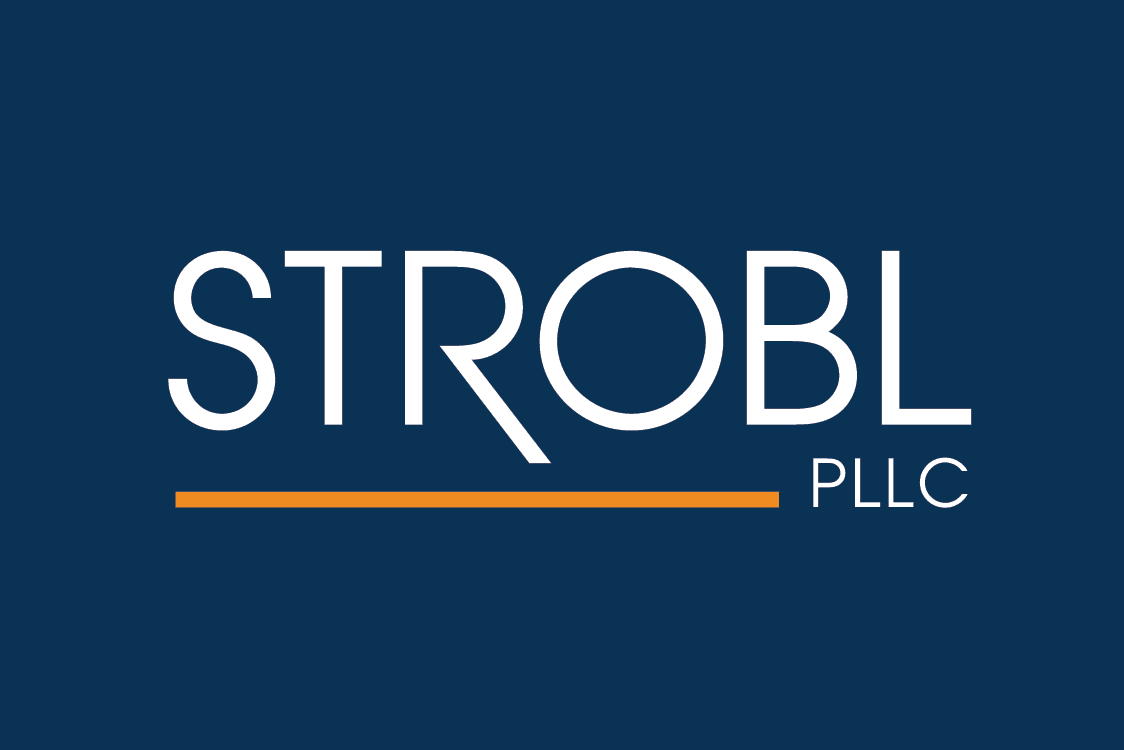Estate planning is a vital process to ensure that, upon death or incapacitation, your wishes with respect to your minor children, your property, your businesses, and/or your other assets are carried out for the benefit of you or your beneficiaries without unnecessary delay.
Without an estate plan, the laws of your state of residence will determine what happens to your assets and the custody of your dependents, potentially causing heartache, financial distress, and conflict for your loved ones.
Whether you are just beginning the estate planning process, preparing for a meeting with an estate planning professional, or updating your previous estate plan, the collection of information is key.
Gathering the Information to Build Your Estate Plan
Even though most Americans recognize the importance of estate planning, the idea often feels overwhelming, leading to stress and procrastination. In reality, the first step of estate planning involves the gathering of information which is mostly known or accessible to you including:
- Family information including full names, nicknames, ages, and contact information for your spouse, former spouse, partner(s), children, stepchildren, and grandchildren.
- Full names and contact information for any additional beneficiaries, guardians or other fiduciaries.
- Information on marriage, divorce, birth, and adoption.
- Values, beneficiaries, and ownership of insurance policies, annuities, pensions, other retirement accounts, stocks, bonds, mutual funds, bank accounts and money market accounts.
- Real estate holdings including current market values, deeds, and mortgage statements for each property.
- Business assets, including value, if possible, and ownership agreements.
- Existing estate planning documents, if any
The information above will ensure that the primary documents of your estate plan, including your last will and testament, general durable power of attorney, medical power of attorney, funeral representative designation, and trust(s), are as accurate and comprehensive as possible.
Additional Documents and Contact Information to Securely Store with Your Estate Plan
- Contact information for your immediate family members.
- Safe deposit box and personal safe information.
- Location of pharmaceuticals and firearms.
- Information about current bills, debts, and automated payments.
- Instructions regarding the handling of your digital assets as well as the necessary access information.
- Further instructions for end of life care and your funeral preferences.
- Contact information for your advisors (attorney, accountant, financial advisor and/or banker).
When planning your estate, it is advisable to seek the counsel of an expert. Strobl, PLLC is a team of experienced and trusted lawyers that can advise on all legal matters relating to estate planning. For more information, visit Strobl online at www.stroblandsharp.com or on LinkedIn.


